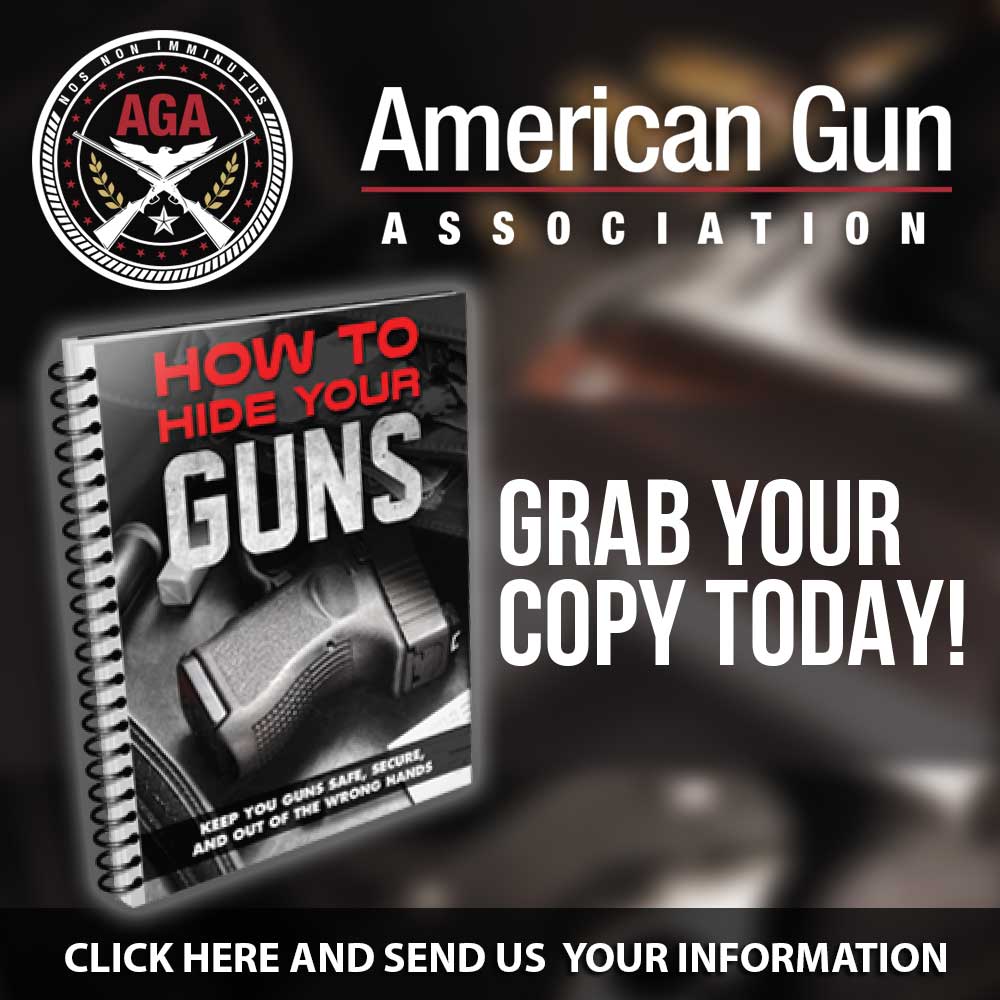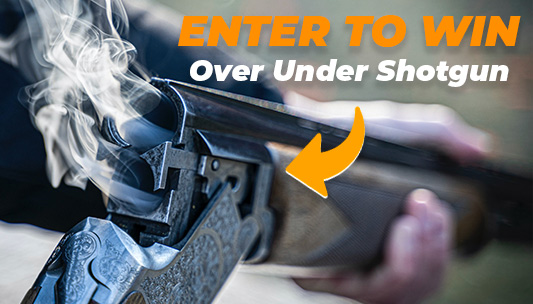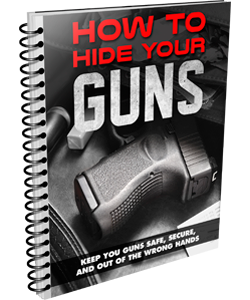How To Get Ready For A Major Gun Competition Match
After you have shot a few matches near home, you might have caught the competitive shooting bug enough to be interested in what we call “major matches.” “Majors” are generally bigger events with a larger crowd of shooters, a higher round count, and more difficult stages.
They might have to meet tougher rules if they are put on under a sanctioning organization like USPSA, IDPA, or 3GN.
Shooters can travel quite a distance to majors to compete against more and higher level competitors and often pay higher match fees in hopes of winning titles or prizes.
With the increased cost and pressure of going to a major, match preparation can be a bit more involved than just tossing your guns and ammo in a bag and driving a few towns over to a nearby range.
As I’m writing this, I’m getting ready for the 2016 USPSA Atlanta Arms Virginia/Maryland Section Match. It’s a regional championship match a couple hours from home, so here are some of the things I’m doing to get ready for my road trip.
Most importantly, I will make sure my guns, other equipment, and ammunition are in good working order. The weeks leading up to the match are when I make sure everything is clean and functioning as expected, and that I have what I need.
I’ll confirm zero on my gun, chronograph my match load, take a screwdriver to my holster and magazine carriers, and case gauge my ammunition so that I can be sure it will feed properly. I don’t want to get to a major match and have problems with things that were entirely under my control.
You might already know this if you carry a gun, but travel is more complicated with firearms. Fortunately, I'm not flying this time around. If you ever need to fly with your guns, make sure you read this article on how to fly with your firearms before you do. It will save you a lot of time and headache and is written by a firearms attorney.
The first thing I do when getting ready to drive to a match is checked the gun laws for each state where I’ll be traveling. Websites like the NRA-ILA’s guide and handgunlaw.us are a good start, but I also look for each state’s webpage regarding concealed carry reciprocity (usually at the state’s Attorney General or State Police site) to confirm current laws.
For this trip, I have to drive through the decidedly gun-unfriendly Maryland and Washington, D.C. I can pass through them if I comply with the safe passage provisions in the Firearm Owners Protection Act. That means I need to unload any guns I’m bringing and put them in a locked container. It's always a good practice, of course, but one I will be especially careful about because my carry permit isn’t valid in those places.
I will be staying at a hotel for this major because it’s not quite close enough to home for a day trip, with my shooting scheduled to start early in the morning. I booked my room a while earlier, but I’ll double-check my reservations and the hotel’s location the week before the match. Among other things, it’s important to scope out how long it will take to get to the range. Nothing adds to match stress more than running around lost and knowing you are in danger of being late for the first shots.
As soon as the stage diagrams are released for a major, I’ll take a look at them to get a general idea of what to expect. However, the other reason I'm arriving early is because stage diagrams rarely resemble what’s actually on the ground and even when they do, they aren’t very good at reflecting distances, views, or timing of any moving targets. For local matches, it’s rare to have the opportunity to see stage diagrams before the match, let alone spend significant time on the stages before shooting, but majors often have both. Getting to see and possibly walk onto the stages before my shooting session will help me mentally prepare for the match.
And finally, I will make sure to get a good dinner and a full night's sleep before the match, and a good breakfast on the morning of. I’ll also pack plenty of water and healthy snacks. While shooting major matches is a lot of fun, they are still athletic events where you will spend hours on your feet with bursts of running and intense concentration.
Have you shot a major match yet? What helped you get ready for it? Let us know in the comments below, and make sure you like Gun Carrier's Facebook Page.
Up Next: 8 Options for Your Child’s First Firearm | Children & Guns
Follow us on Facebook, Instagram, Twitter, and Pinterest!
Disclaimer: All content on this site is for informational purposes only. Please read our full disclaimer here.
Editor’s Note: This post was originally published on May 31, 2016, and has been updated for quality and relevancy.





